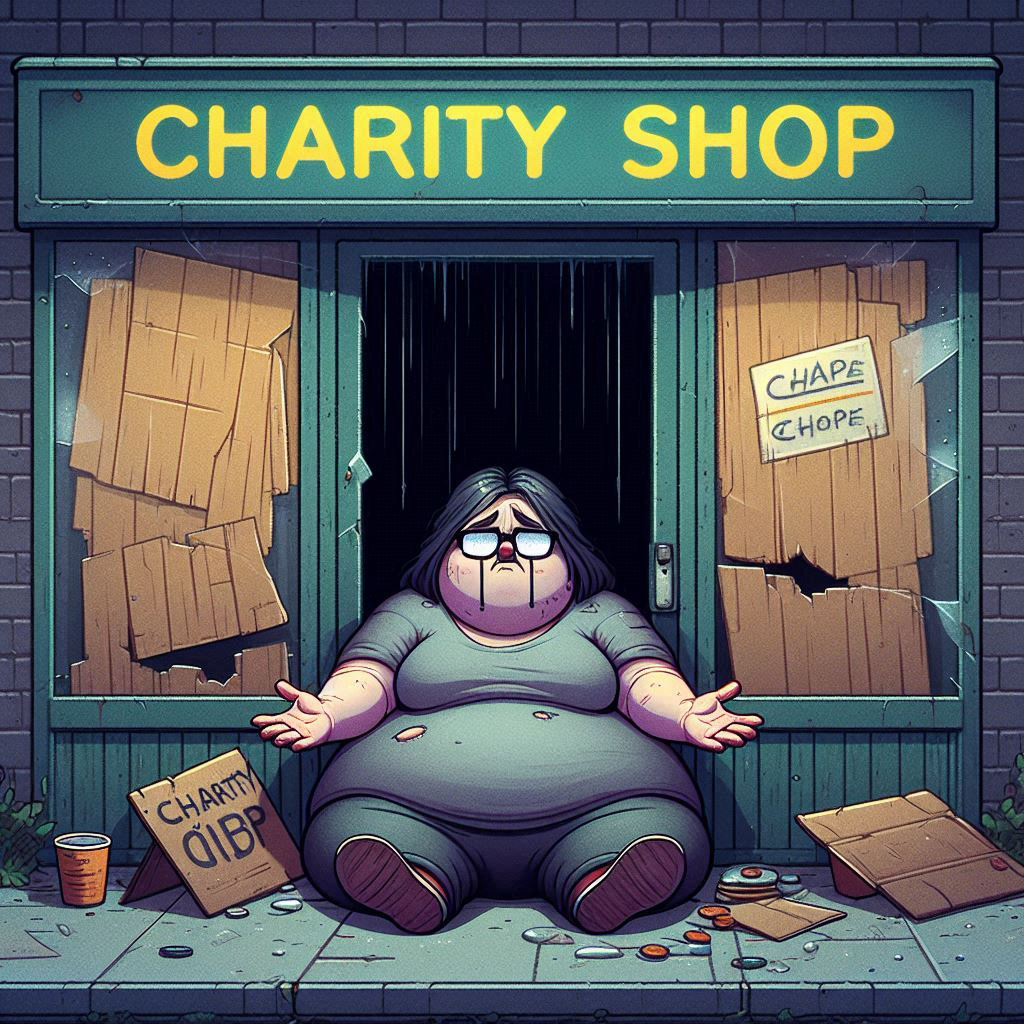In a recent post dated 27 June 2024, a straightforward question was posed on Jayne’s Baby Bank’s Facebook profile: “Are you registered as a charity now?” The following is the response from Miss Ridsdale herself:

Our Response:
There are a few key observations worth highlighting. Jayne’s Baby Bank consistently identifies itself as either a baby bank or food bank, while noticeably omitting reference to its operation as a Charity Shop. However, her personal Facebook profile lists her job title as: “Works at Jayne’s Mother and Baby Bank, Food Bank, and Charity Shop.”
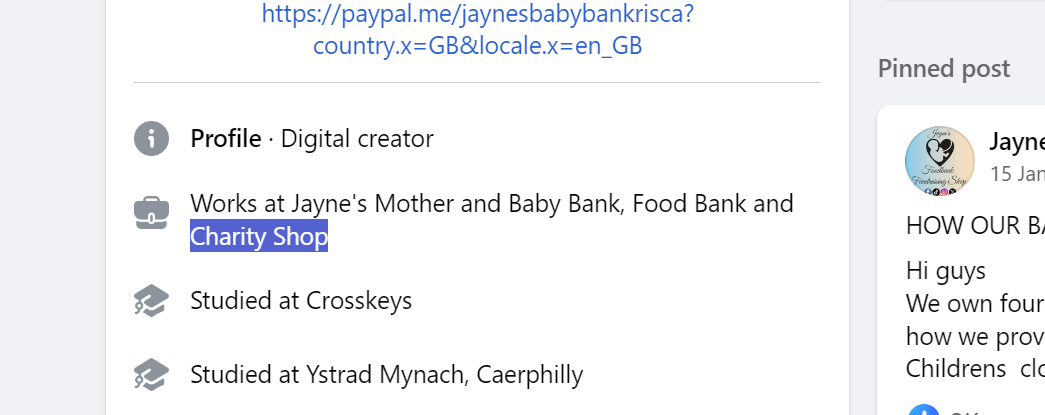
Additional publicly available sources also categorise Jayne’s Baby Bank as a charity shop. Here are just a few examples:
Examples:

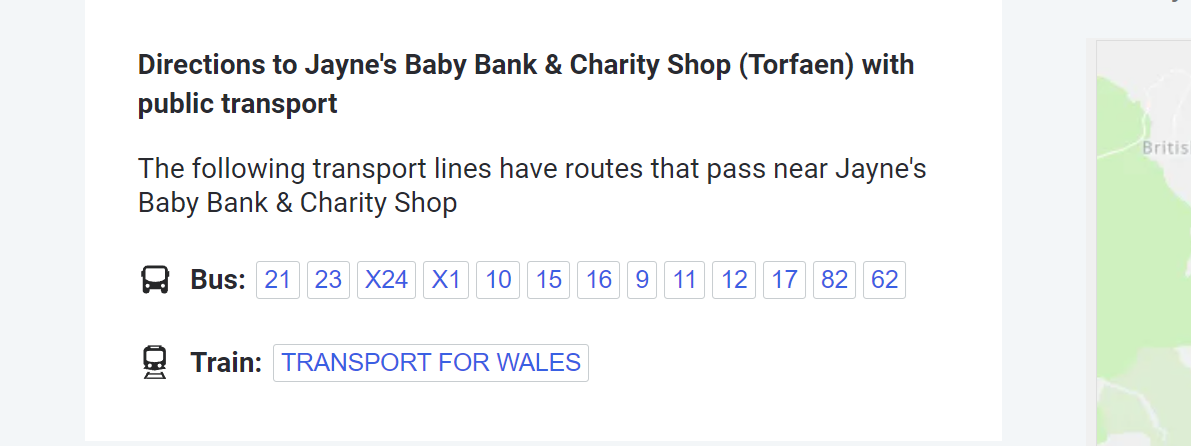

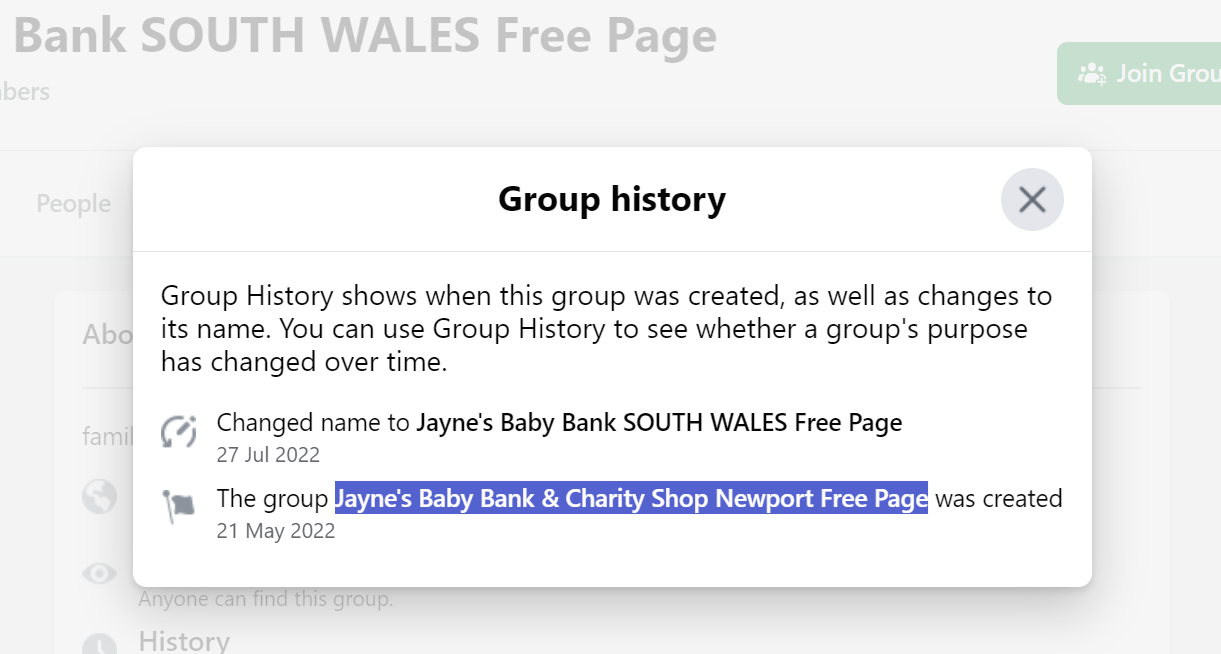
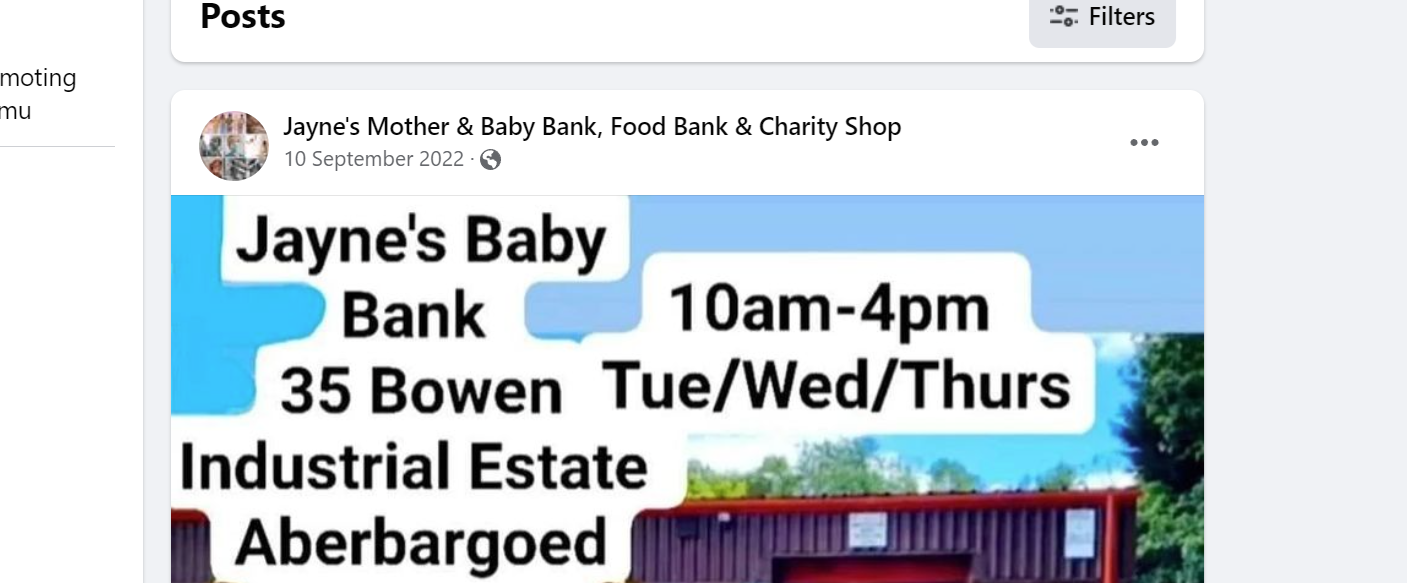

This raises an important legal question: is charity registration required?
According to the Charity Retail Association, “Only registered charities can set up charity shops.” Their official guidance states that registering with the Charity Commission is the first step when opening such a shop.
What if it’s an unincorporated association?
While it is possible to operate as an Unincorporated Charitable Association under £5,000 annual income, the Baby Bank’s receipt of over £9,000 in local council grants alone exceeds this threshold. Under Charity Commission rules, once this limit is surpassed, formal registration is not optional—it becomes a legal requirement.
Effort to Rebrand?
There is visible evidence that some listings and social media pages have been renamed or edited to exclude the words “Charity Shop.” While this may be part of a rebranding or clarification exercise, the continued use of the term across platforms suggests public confusion—and potentially, a lack of transparency.
As a result, donors and shoppers may reasonably wonder: where exactly does the money go?

Update: 01/07/2024

On Jayne’s Baby Bank’s TikTok page (Archived link), dated 3 September 2022, Miss Ridsdale states:
when my Dad says I need to get a real job! I’m retired. director of one of the largest children’s charity’s in Wales and an influencer! 🤣
Whether this was meant in jest or not, it certainly adds to the conflicting public image. The question remains: did Ceri-Anne, described here as the director of one of Wales’ largest charities, forget to remove this claim—or does it reflect her genuine belief about the organisation’s status?
Sherlock.
Disclaimer: This article is based on publicly available materials including social media posts, business listings, press coverage, and guidance from the Charity Commission and related bodies. Where editorial commentary is offered, it reflects concerns based on the contrast between public representation and legal frameworks. These observations do not constitute a legal accusation or ruling. Readers are encouraged to consult official regulatory guidance or seek professional legal advice where necessary. This article includes the use of AI-supported tools for research and drafting.
